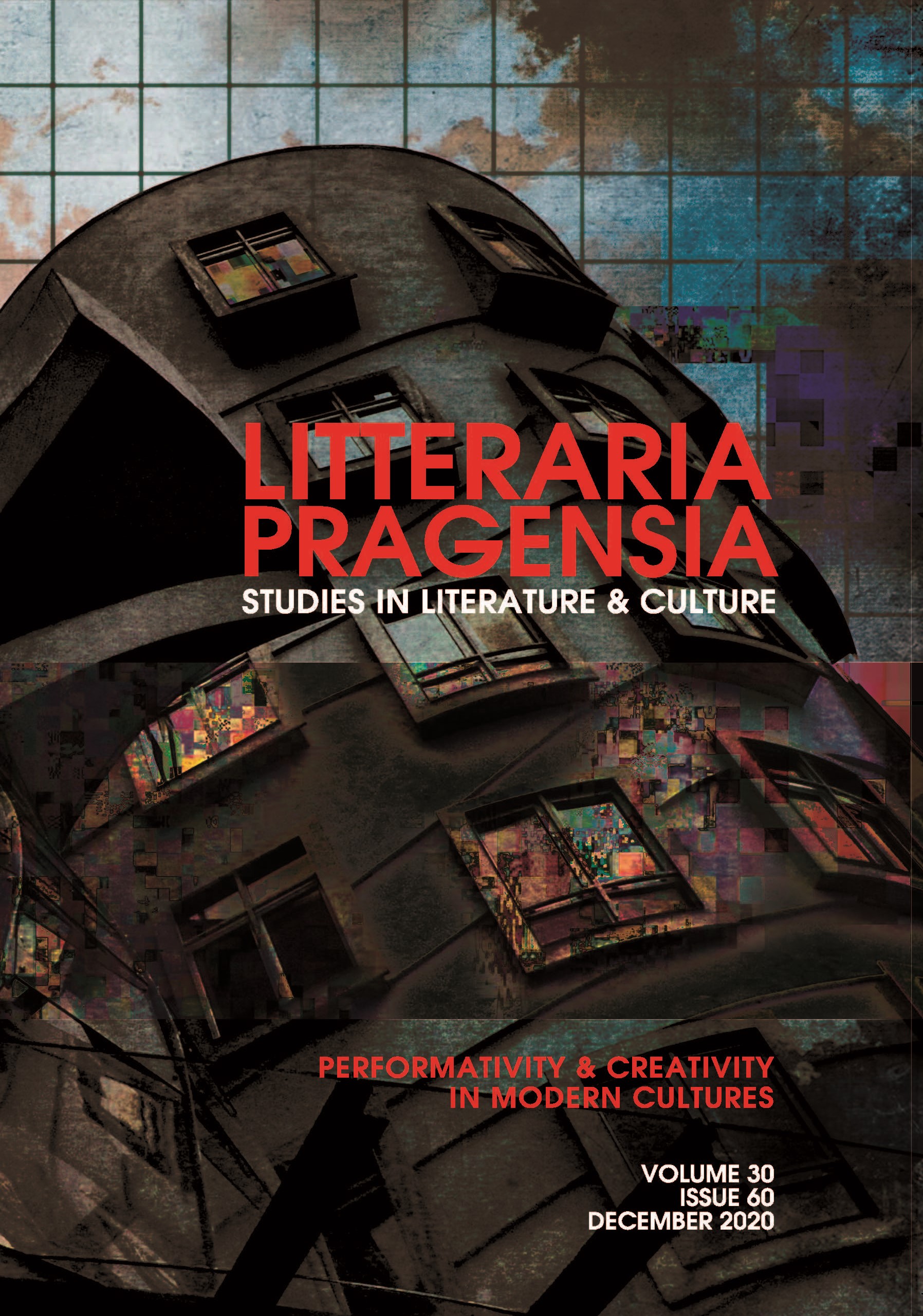To live a problem: Deleuze and existential politics
To live a problem: Deleuze and existential politics
Author(s): Jeffrey BellSubject(s): Philosophy, Studies of Literature
Published by: Univerzita Karlova v Praze - Filozofická fakulta, Vydavatelství
Keywords: existential tradition; classical republicanism; William Clare Roberts; Friedrich Nietzsche; Jean-Paul Sartre; Albert Camus; Gilles Deleuze
Summary/Abstract: In this article it is argued that the existential tradition can be understood to be sympathetic to many of the concerns of classical republicanism, and in particular to the classical republican view that freedom consists of securing the institutions that allow for freedom as non-domination ‒ that is, for the ability to live one’s life without the interference of an arbitrary power. In his recent book on Marx, William Clare Roberts has argued that Marx should also be understood in light of the concerns of classical republicanism, and in this article that reading is extended to include the work of Nietzsche, Sartre, Camus, and Deleuze. In particular, by developing the Deleuzian concept of a problem, wherein a problem is a reality irreducible to the solutions it makes possible, and a reality that subsists within these solutions, the domination and arbitrary power the republicans challenge comes to be understood as a system, or ideology, that presents itself as a solution without a problem, or a forced solution in other words. This reading provides both a new way of engaging the existential tradition with political theory, and it highlights the overlapping concerns of Deleuze with the existentialists, most notably Nietzsche, Sartre, and Camus.
Journal: Litteraria Pragensia: Studies in Literature and Culture
- Issue Year: 30/2020
- Issue No: 60
- Page Range: 33-47
- Page Count: 15
- Language: English

